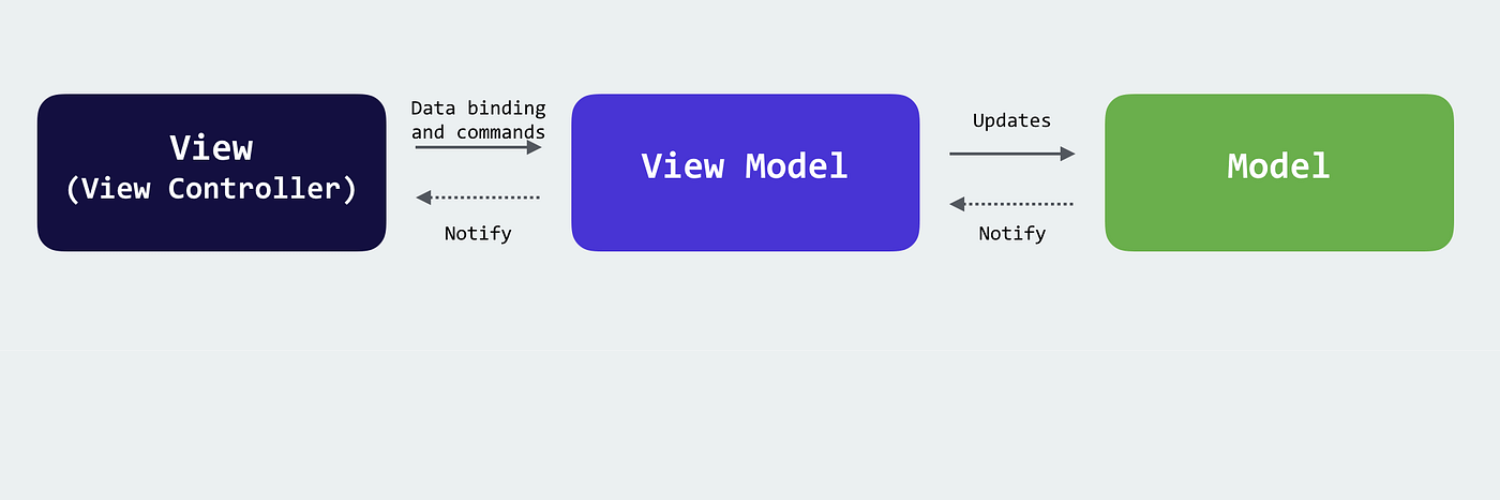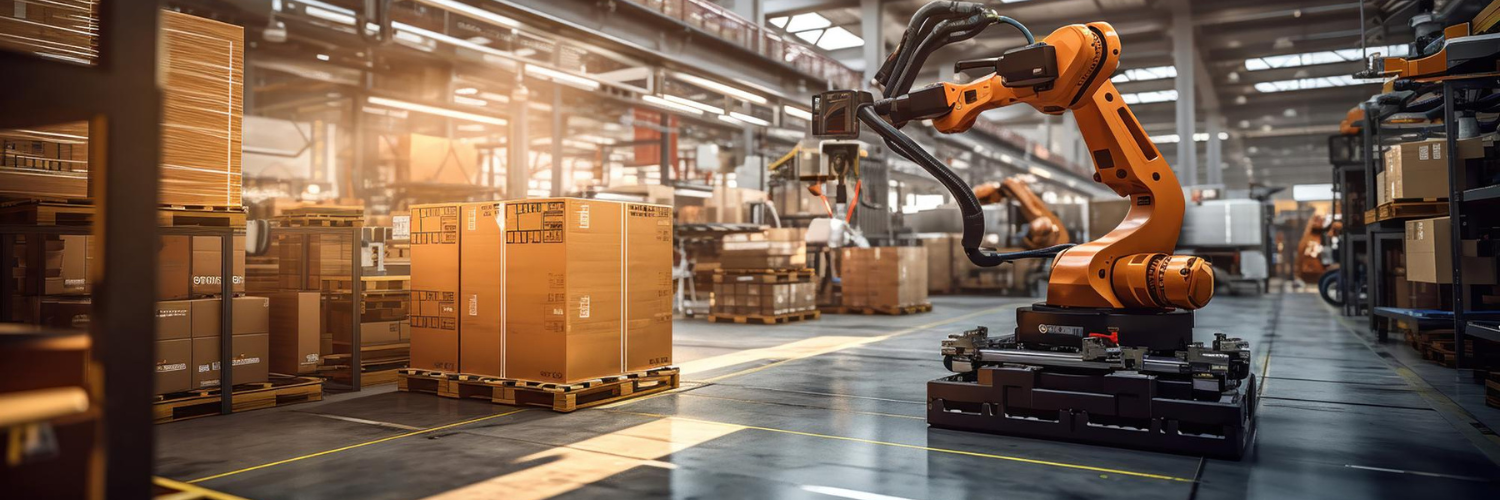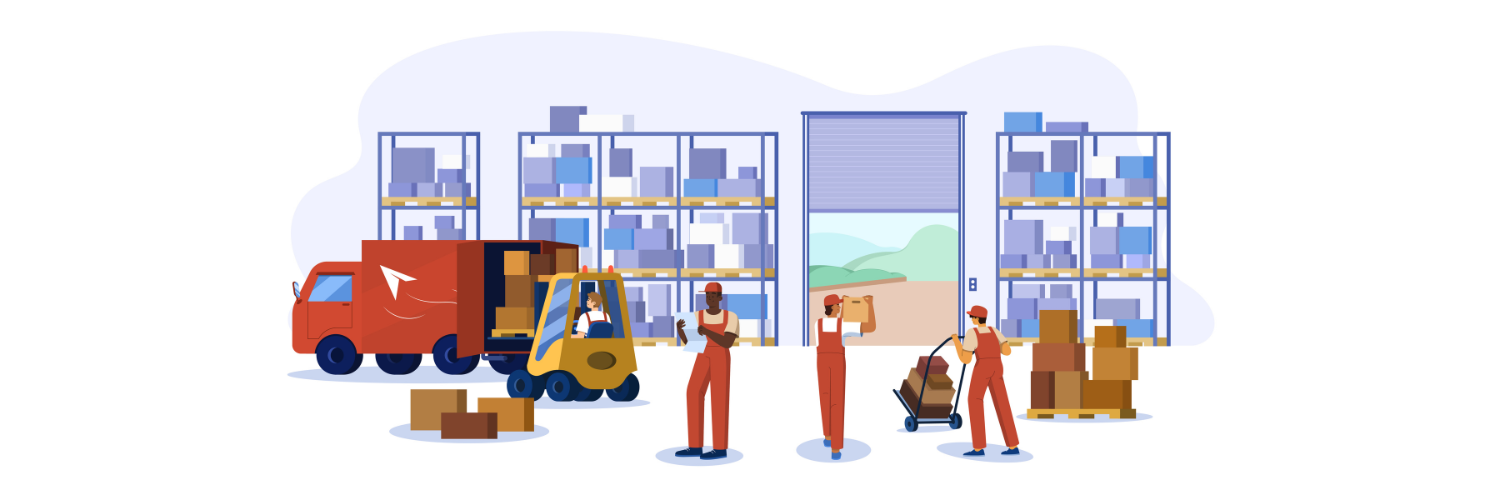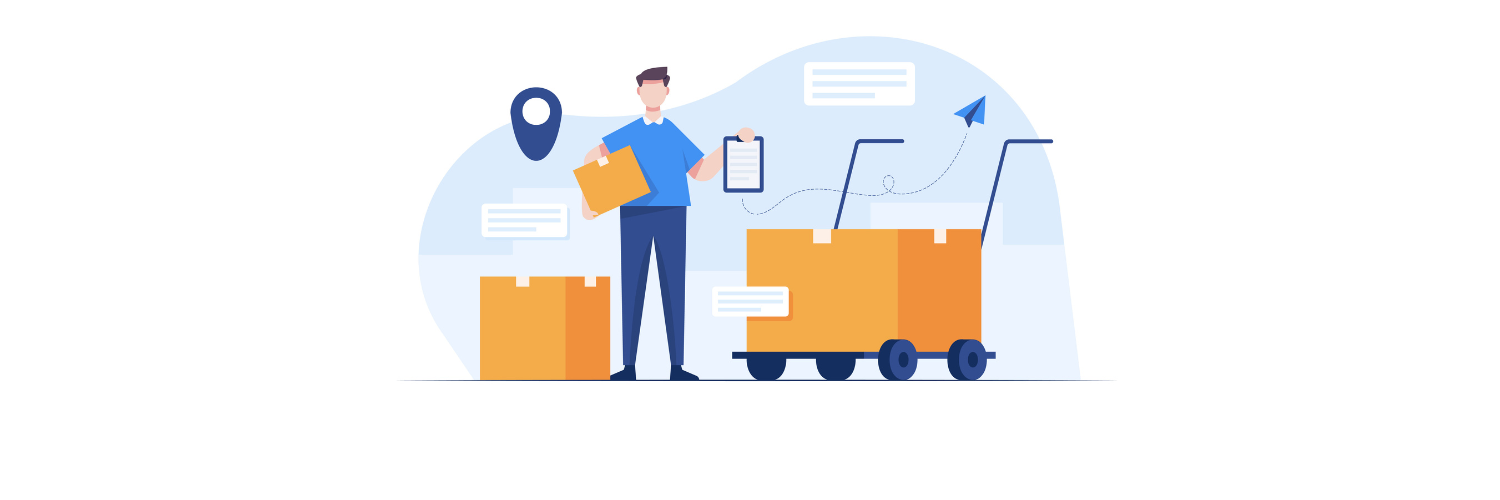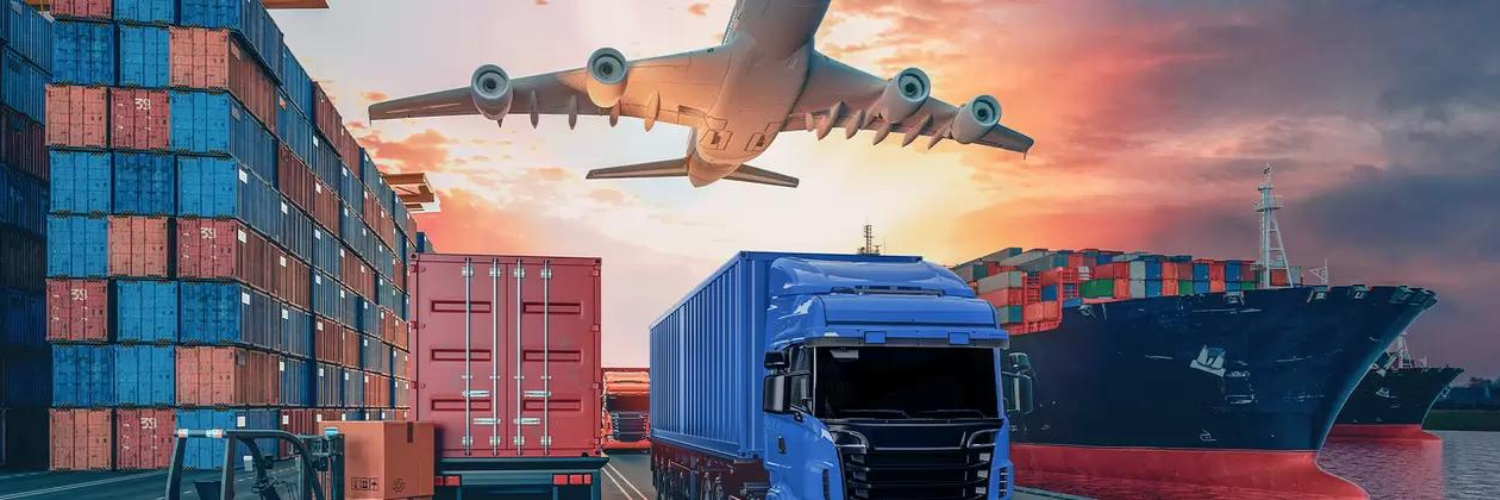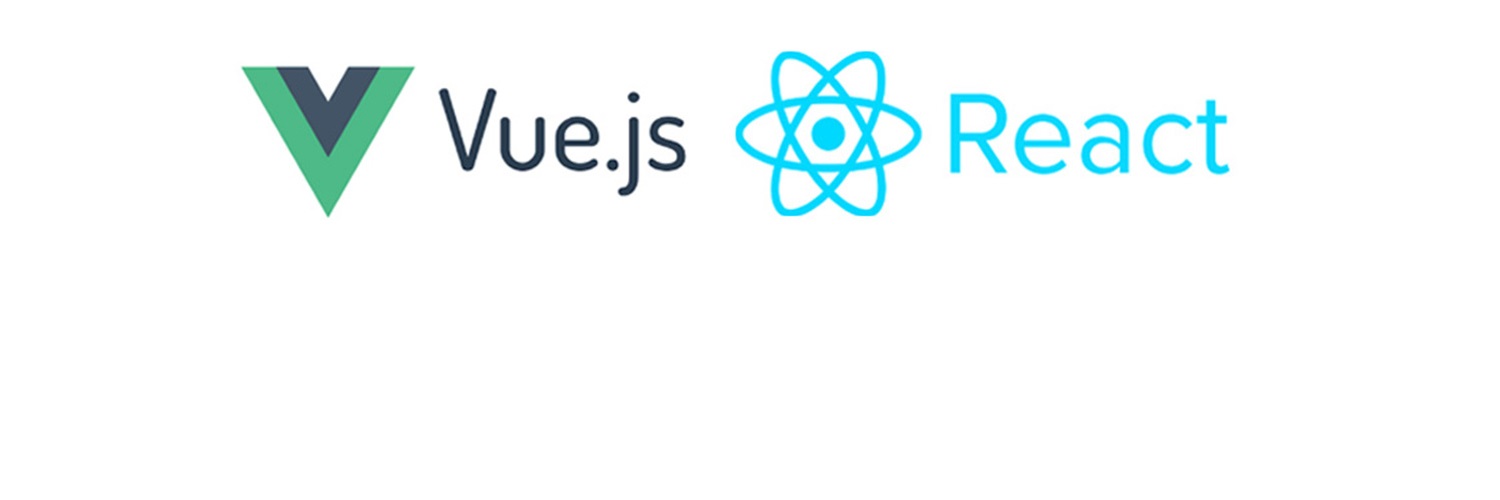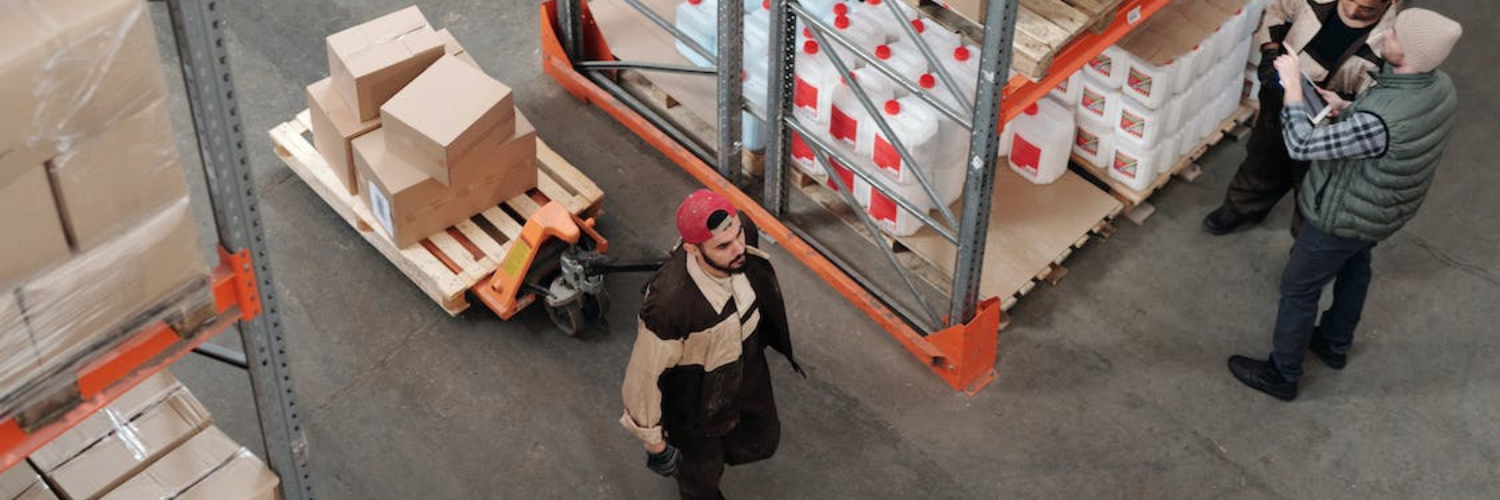Projected to expand at a robust 39.78% CAGR from 2022 to 2027, the blockchain technology market in the transportation and logistics sector is poised for substantial growth, with an expected surge of USD 2,230.89 million. The sector's growth is driven by the increasing adoption of blockchain for trucking operations, a thriving e-commerce industry, and a rise in cargo theft incidents. By 2027, North America is anticipated to capture a 37% market share, as detailed by Technavio's analysts who have thoroughly examined the regional dynamics influencing this growth trajectory.
In 2023, blockchain software is predominantly utilized in logistics, accounting for 58% of its application, followed by procurement at 31%, and supply chain planning at 29%, according to research by APQC and Supply Chain Management Review involving industry experts.
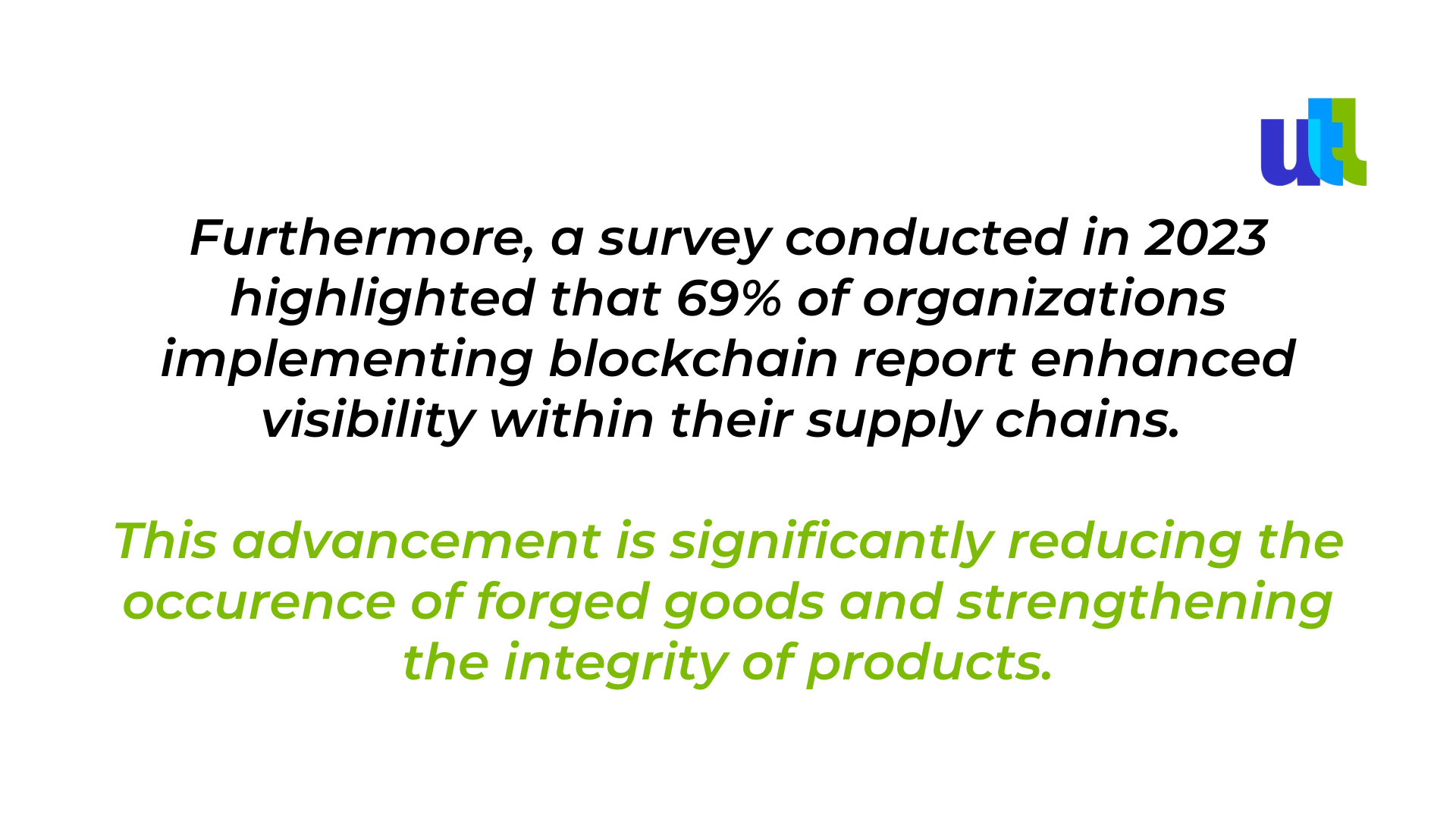
Blockchain technology is transforming logistics by introducing a secure, shared record-keeping system. This system makes every transaction transparent and tamper-proof. Unlike traditional systems where a single entity holds all the data and is susceptible to fraud, blockchain operates on a group consensus basis, which builds trust between users. Essential for today's supply chains, this technology allows for the accurate tracking of goods and money, an important aspect of the complex global trade network.
The transformative advantages of blockchain technology
Blockchain technology's adoption into the supply chain provides significant advantages, particularly in enhancing transparency and strengthening security. This advanced technology introduces a permanent record system, enabling all players to monitor product movements and origins without delay.
- Supreme Transparency: The standout feature of blockchain in supply chain management is its unmatched transparency. It generates a durable, real-time log of transactions that facilitates the tracking of a product throughout its journey. This degree of transparency supports a stronger bond of trust and openness amongst consumers, regulators, and business partners alike.
- Automated Processes through Smart Contracts: Blockchain's smart contracts trigger predefined actions or payments when conditions are met, thereby automating aspects of the supply chain such as payments, orders, and deliveries, and significantly improving operational efficiency.
- Advanced Security Protocols: The security of blockchain is inherently robust due to its distributed structure and sophisticated cryptographic systems. Altering data is a difficult challenge, offering a high level of protection against fraud and cyber threats, thus safeguarding critical supply chain information.
- Efficient Data Management: Traditional supply chains struggle under the weight of different databases and manual documentation, creating inefficiencies. Blockchain consolidates data management into a single, secure entity, enhancing the speed and reliability of transaction processing and information exchange.
- Superior Traceability and Accountability: Blockchain simplifies product traceability, presenting a clear narrative of their origin, manufacturing, and transit. This is vital in sectors where safety and adherence to regulations are of utmost importance. Blockchain's method of recording transactions in a decentralized way swiftly identifies and isolates the root cause during product recalls or other issues.
Practical deployment
Various industries are harnessing blockchain for improved supply chain clarity. Consumers, for instance, can utilize QR codes to trace the origins of their food, ensuring safety. Pharmaceutical firms deploy blockchain to validate drug distribution, crucial for maintaining public health. In logistics, blockchain is key to real-time shipment tracking, minimizing delays, and optimizing transport.
Critical role of transparency and tracking
The ability to track and monitor supply chain activities transparently is essential. It builds consumer trust and streamlines the resolution of any arising issues.
Addressing conventional obstacles
Achieving transparency in supply chains has traditionally been full with challenges, including fragmented data sharing and paperwork. Blockchain transforms this by offering a unified, trustworthy ledger, thereby diminishing the risks of fraud, and maintaining integrity within the supply chain ecosystem.
Blockchain's innovative approach to managing supply chains is evident in its ability to provide a transparent, secure, and efficient process that ensures the integrity of global trade networks. The benefits of blockchain in supply chains are diverse, from providing a definitive source of information accessible to all parties, to enabling real-time product tracking, which enhances efficiency and customer satisfaction. By encrypting and preserving the immutability of data, blockchain significantly decreases the likelihood of fraud, forging, and unauthorized changes, which are common challenges in supply chain management. Additionally, the elimination of intermediaries not only reduces costs but also streamlines the supply chain process, presenting a strong case for blockchain's role in the future of supply chain management.
The role of transparency and traceability in supply chains
In supply chains, transparency and traceability are essential for monitoring goods from origin to end, building trust with customers, and pinpointing and resolving issues. However, obstacles like different systems, intermediary layers, and paper records complicate product tracking and elevate fraud risks. Blockchain revolutionizes this with a secure, shared ledger, linking transactions in a verifiable chain, eliminating agents, and reducing data tampering risks. Smart contracts on the blockchain further streamline processes and minimize disputes, with cryptography safeguarding data against tampering, thus advancing supply chain transparency and traceability.
To maximize blockchain for transparency and traceability, businesses should verify data for accuracy, establish a clear governance framework, and prioritize data privacy with robust encryption and controls, while educating stakeholders on blockchain's utility and security.
Implementing blockchain in supply chain management
To effectively integrate blockchain into supply chain management, businesses must pinpoint their specific needs and collaborate with stakeholders for smooth adoption. Selecting an appropriate blockchain platform is crucial, considering scalability, security, and compatibility. Despite challenges like handling large transaction volumes and ensuring cross-platform communication, the decentralized nature of blockchain ensures that each transaction, or 'block', is securely linked, creating a transparent, secure, and immutable record. This not only eliminates intermediaries and reduces errors but also enhances real-time tracking and data security, leading to increased efficiency and easier compliance with global trade laws. As the industry adapts to this technology, the move towards a more connected and transparent logistics ecosystem is clear.
Current supply chain landscape
In the pre-pandemic world, rapid delivery was the norm, with consumers expecting goods at their doorstep within hours. However, COVID-19's disruption unveiled the complexities of supply chains as delays became commonplace, affecting everything from daily essentials to high-tech gadgets. This has stimulated a demand for more resilient and technologically fortified supply chains capable of resisting a range of challenges, from geopolitical conflicts to climate-induced disruptions.
Businesses are now improving their strategies, shifting from lean inventories and just-in-time models towards a more predictive approach in managing supply chain risks, environmental stewardship, and stakeholder trust. Technology, and specifically blockchain, is at the forefront of this transformation. Blockchain's shared and secure ledger system enables transparent and verifiable recording of transactions, fostering trust even among stakeholders with different interests.
Once reliant on layers of redundancy for stability, supply chain managers are now leveraging blockchain to proactively address risks and improve transparency, particularly in sectors where resource conservation and sustainability are critical. This technology aids in managing complex networks by providing a singular, immutable record of every transaction, ensuring all parties in the supply chain are aligned, which enhances overall trust and efficiency.
Blockchain isn't just a tool for record-keeping; it's a means to strengthen supply chains against future uncertainties. Integrated with IoT, AI, and smart contracts, blockchain isn't just enhancing supply chain operations—it's revolutionizing them, paving the way for a system where trust, transparency, and resilience are built-in by design.
Future trends
As we look to the horizon, the course of blockchain within the supply chain space is set to increase, integrating with artificial intelligence, machine learning, and the Internet of Things to bring about even greater advancements. The collaboration of these technologies promises real-time analytics and enhanced decision-making capabilities, offering a future where supply chains operate with unparalleled efficiency and agility.
The arrival of decentralized finance and asset tokenization could revolutionize financial transactions within supply chains, establishing the way for more inclusive economic participation from businesses of all sizes.
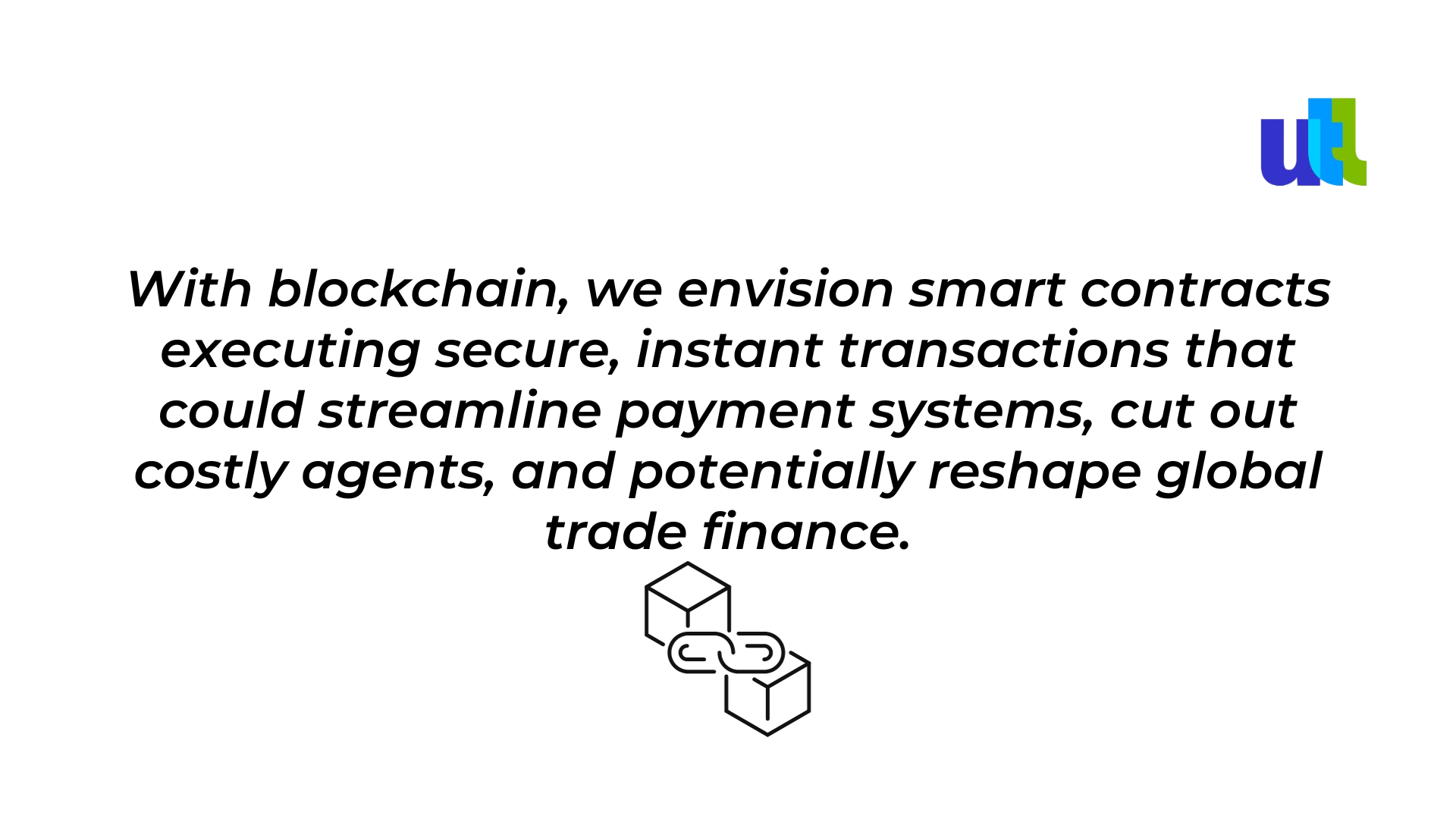
Conclusion
The conclusion is clear: blockchain is a transformative force in supply chain management. It has the potential to usher in a time where data security and transaction transparency coexist, and product traceability can be counted on to be as reliable as the tracking systems. With the use of this technology, the foundation of international trade should be strengthened, and the integrity of the supply chain should be trusted by all parties involved, from producers to consumers.
By addressing today's challenges, blockchain positions itself as a pivotal solution in the pursuit of timely deliveries, and optimized logistics. Organizations that leverage this technology can provide solid evidence of compliance and operational excellence, nurturing a deeper trust among consumers, partners, and regulators alike.
Blockchain's potential is not just a promise for the future; it's a pivotal development unfolding in the present, signalling a robust response to the complexities and demands of today's supply chains. As we embrace these innovations, we step into a realm where the fluidity and resilience of supply chains are not just envisioned but actively realized, marking a new epoch in the logistics and transportation sectors.
For free consultation on blockchain in logistics, click here.
----------------------------------------------------------------------------------------------
View the full presentation:
WRITTEN BY
Milda Butkeviciute
2023-12-01















